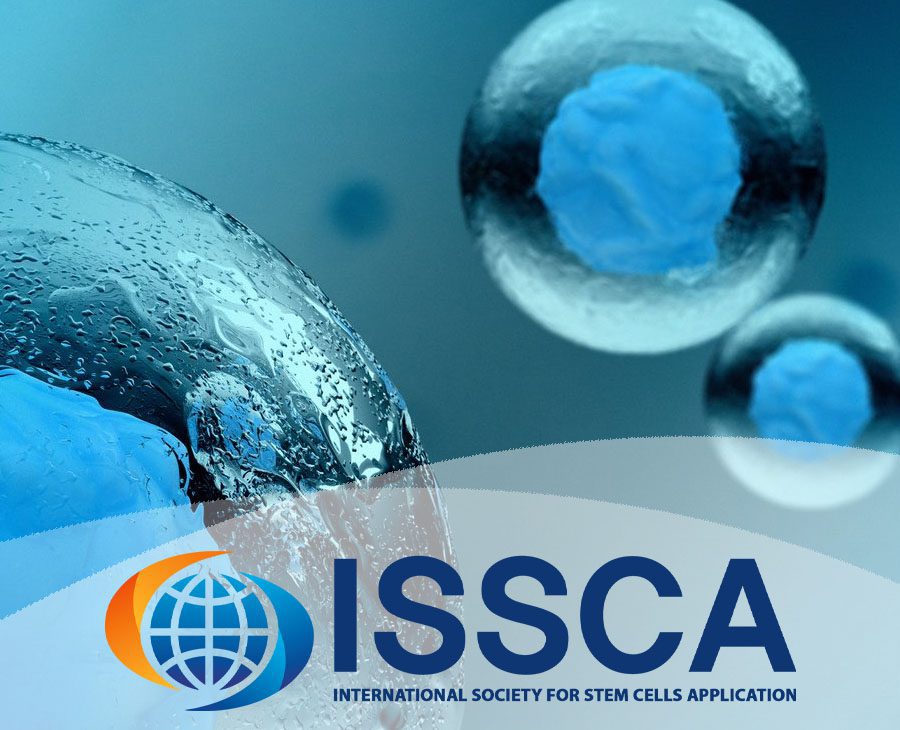
Harnessing the Body’s Natural Defenses in Regenerative Oncology
In the evolving field of regenerative medicine, few innovations hold as much promise as the use of Natural Killer (NK) cells in cancer therapy. Often described as the “elite commandos” of the immune system, NK cells possess the innate ability to recognize and eliminate malignant cells without prior sensitization. Today, with advances in cellular therapies and immune modulation, NK cells are emerging as a cornerstone of onco-immunotherapy, reshaping how physicians approach cancer treatment and immune rejuvenation.
Understanding NK Cells: The Immune System’s First Responders
Unlike T cells, which require antigen-specific activation, NK cells act on instinct. They patrol the body, scanning for signs of abnormality—such as missing “self” markers or viral proteins—and execute a swift, targeted response. Their dual mission includes:
- Eliminating infected or malignant cells through cytotoxic granules (perforin and granzymes).
- Producing cytokines like interferon-gamma (IFN-γ) to activate broader immune responses.
However, with aging and chronic disease, NK cells lose efficiency—a phenomenon known as immunosenescence. This decline contributes to increased cancer risk, infections, and reduced regenerative potential.
NK Cell Therapy: Rejuvenating Immune Function
Recent clinical studies have demonstrated the potential of ex vivo expanded NK cells to restore immune vitality. By harvesting a patient’s own NK cells, expanding and activating them in a controlled environment, and re-infusing them intravenously, physicians can recalibrate immune surveillance and improve systemic health.
Key Benefits of NK Cell Therapy:
- Enhanced tumor cytotoxicity – reactivated NK cells can destroy cancer cells with greater precision.
- Senescent cell clearance – reducing “zombie cells” that drive inflammation and tissue degeneration.
- Lower systemic inflammation – suppression of pro-inflammatory markers like IL-6 and TNF-α.
- Improved immune profile – restoration of a younger, more cytotoxic NK cell phenotype.
These findings underscore the growing recognition that immune rejuvenation is central to the future of regenerative medicine.
NK Cells in Onco-Immunotherapy
For oncology, NK therapy represents a precision medicine approach capable of complementing existing treatments:
- Adjunct to surgery or chemotherapy: expanded NK cells can act as a “clean-up force,” eliminating residual malignant cells.
- Potential role in minimal residual disease (MRD): maintaining remission by sustaining immune vigilance.
- Synergy with MSC and exosome therapies: NK expansion can enhance graft integration and improve the regenerative microenvironment.
The ability to directly target malignant cells while reshaping the inflammatory landscape positions NK therapy as both a therapeutic and preventive tool in oncology.
Clinical Outcomes and Safety
In pilot trials, older adults receiving autologous NK infusions exhibited:
- A 2-fold increase in circulating NK cells within one month.
- Reduced systemic inflammation and improved biomarker profiles.
- Telomere length stabilization, suggesting a measurable anti-aging effect.
Importantly, safety data show no severe adverse events, with only mild, transient symptoms reported. These results highlight the feasibility of integrating NK expansion protocols into clinical regenerative medicine.
Why This Matters for Regenerative Medicine Physicians
The shift toward immune-centric therapies signals a new paradigm: regenerative medicine is no longer limited to stem cell transplantation or tissue engineering. Instead, immune recalibration therapies, like NK cell rejuvenation, are poised to become essential tools for physicians aiming to extend both lifespan and healthspan.
For clinics, adopting NK cell therapy offers:
- Differentiation in the marketplace as leaders in immune rejuvenation.
- Expanded treatment portfolios that integrate oncology, longevity, and regenerative protocols.
- A competitive edge in the rapidly growing market for advanced cell-based interventions.
Conclusion: The Future of NK-Based Therapies
As science advances, NK cells are moving from experimental curiosity to clinical reality. By leveraging the body’s innate cytotoxic arsenal, physicians can now offer patients innovative treatments that not only fight cancer but also restore immune youth.At ISSCA, we believe that NK cell therapy represents the next frontier in regenerative oncology and cellular medicine. As research expands and protocols become standardized, NK-based interventions will likely stand alongside mesenchymal stem cells, exosomes, and peptide therapies as pillars of advanced regenerative care.




